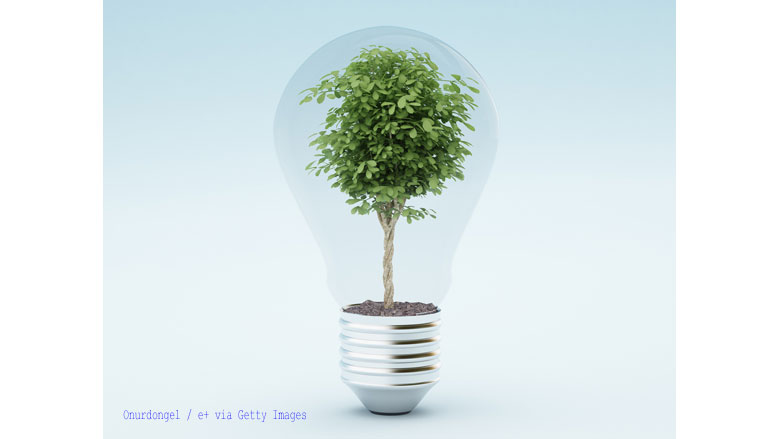Arkema Announces Plans to Raise Decarbonization Targets

Arkema is setting new, even more ambitious targets by 2030 across its whole value chain, approved by the organization Science Based Targets initiative (SBTi). The group now aims to reduce its greenhouse gas emissions by 48.5% for Scopes 1 and Scope 2 and by 54% for Scope 3 by 2030 versus 2019.
In July 2022, the group had set new greenhouse gas reduction targets, in line with the expectations of the Paris Agreement, which aims to limit global warming to 1.5 °C above pre-industrial levels by the end of the century.
Thanks to significant progress made in 2022, these targets have been raised, and Arkema now aims for a 48.5% reduction in the group's greenhouse gas emissions for Scopes 1 and Scope 2, and a 54% reduction for Scope 3 by 2030 relative to 2019. These new targets have been approved by the independent global organization Science Based Targets initiative (SBTi).
“Arkema has made long-standing commitments in the fight against climate change. From its energy procurement policy to industrial innovation, from its portfolio of solutions to the dissemination of a “climate and environment culture”, this virtuous trajectory mobilizes all of the Group's components, and we are particularly proud that our new 2030 targets have been validated by the SBTi,” said Thierry Le Hénaff, chairman and CEO of Arkema.
Already committed for many years to the pursuit of energy efficiency at its industrial sites through its Arkema Energy program, and to the development of low-carbon energy procurement, the group has identified room for improvement in its Scopes 1 and Scope 2, and so plans to reduce its emissions from 3.7 million tonnes of CO2 equivalent in 2019 to 1.9 million tonnes in 2030.
To fulfill this new commitment, the group's action plan is structured around major levers. These include a much greater share of low-carbon steam and electricity consumed at its facilities, in particular through long-term contracts with producers. Arkema recently signed a major supply contract with ENGIE for the supply in France of 300 GWh per year of biomethane to further reduce the carbon footprint of its bio-based high performance Rilsan® polyamide 11 and Pebax® Rnew® elastomer ranges.
Additionally, the group plans on improving energy efficiency and optimizing facilities, an area in which many projects have already been rolled out in 2022, such as the installation of a new generation catalyst for nitrogen oxide emissions at the Lacq site in France.
Moreover, the whole initiative is supported by a capital expenditure envelope linked to decarbonization that could reach €400 million by 2030.
For its Scope 3 greenhouse gas emissions, the group is committed to taking action across its entire value chain by reducing its emissions from 152 million tonnes of CO2 equivalent in 2019 to 70 million tonnes in 2030. To achieve this, Arkema aims to increase the share of its renewable or recycled raw materials, select raw materials with a lower carbon footprint, reduce its most emissive activities, and develop polymer recycling channels, for example through the Virtucycle® program and its subsidiary Agiplast.
In addition, the group will leverage the strength of its innovation for sustainable development in order to further develop its product and service offering towards solutions that contribute to the reduction of greenhouse gas emissions.
Learn more at www.arkema.com.
Looking for a reprint of this article?
From high-res PDFs to custom plaques, order your copy today!








